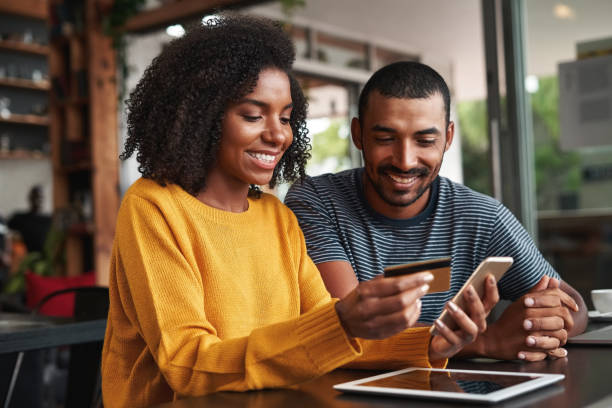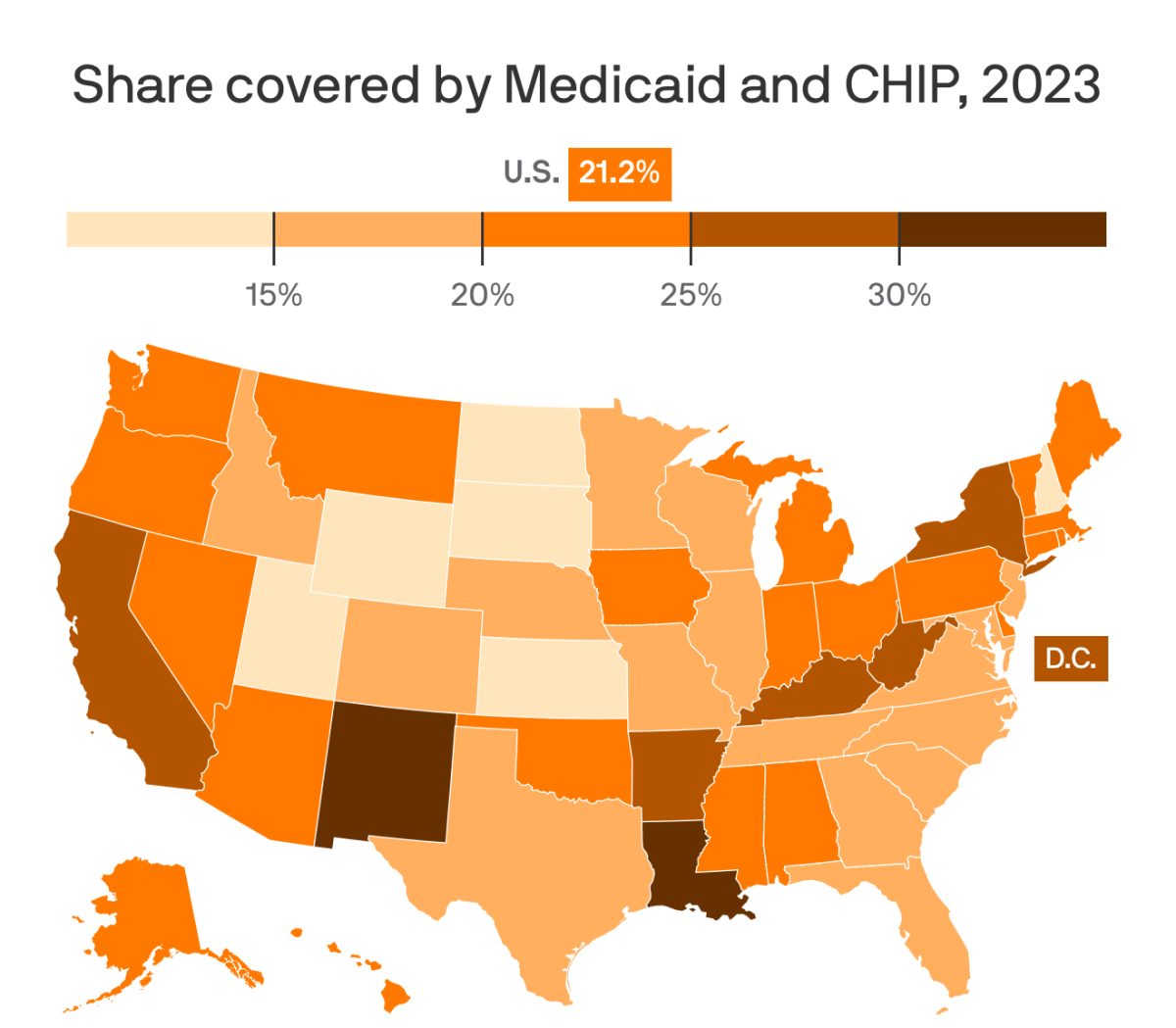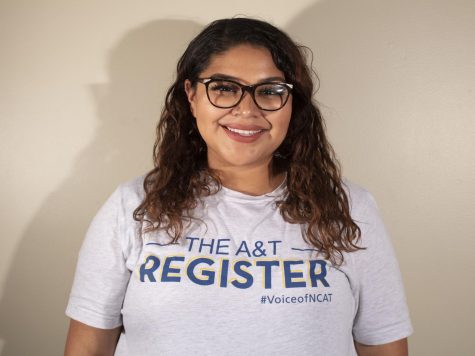Zila Sanchez
A shocking video of a man battering a black woman at a beauty store has recently surfaced the internet sparking outrage from people all over the country. In the video, a black woman can be seen beaten to the ground over what was thought to be a stolen bag.
Contrary to what some might think, the beauty store was not located in a small town, and the man was not white. In fact, it happened in one of our nearby cities, Charlotte, and the man was an Asian store manager. This incident occurred days before the 26-year anniversary of the death of Latasha Harlins. She was a young Black girl who was only 15 years of age, shot and killed by a South Korean storeowner who thought she was shoplifting.
Though the stories may be slightly different in context, the fundamental issue is the same. These women experience anti-black racism in nonblack communities of color.
When I first learned about what anti-blackness really meant, I felt as though that mindset could not possibly apply to me. “I’m not anti-black,” I thought to myself. “Most Hispanic people aren’t racist, right?” I was trying to convince myself more than anyone else, but I had to face the facts. Hispanics can be every bit as racist and prejudiced as anyone else.
I grew up in a predominantly Black and Latino neighborhood. I didn’t care what my friends looked like. I didn’t think racism was still a problem in my environment because I was surrounded by people who I thought were just like me as we faced the same problems. In reflection, I realize that Hispanics and other nonblack people of color live different realities than black people. Back then, I just didn’t notice the way Hispanic moms would hold onto their children a little tighter when a black man
walked by. I didn’t notice the way having lighter skin was celebrated. And I didn’t notice the looks some of my family members gave me when I brought around my black friends. It was a lot easier to dismiss it all then because it was no different than what I saw in the media.
Now, I accept the fact that there is a problem within my culture and other non-black people of color. We have continued to perpetuate colorism and prevented acceptance for the black community. I say “we” because even though I may be educated on some of the issues black Americans face, other members of my ethnicity have not and sometimes are not willing to learn. It is easier to blame black people for their treatment than to admit that we are part of the problem. Nonblack communities have continuously brought black people down to bring themselves up.
Many people will try to argue that “not all” Hispanic/non-black people of color are anti-black. Sure, not every person is racist, but that argument is tired and overused. The fact of the matter is that justifying the minority to make yourself feel better isn’t going to fix anything. Most of the non-black communities are still stuck in the destructive mindset that lighter is better. For example, in Latin America, lighter skin is more desirable. In certain Asian cultures, pale skin is a sign of beauty.
Now it’s time to listen. Non-black people of color who consider the black community to be their brothers and sisters must take a step back and realize that we will never know what it is like to be black. We will never have it as bad. This isn’t meant to divide us as people of color but rather to help us recognize our differences. It’s time to realize that people of color and black are not always interchangeable. Our histories and concurrent struggles are too different to pretend that we can try to understand what it feels like to be a part of a race that faces violence and hatred all over world.
If we don’t hold ourselves as non-black people accountable for the suffering we’ve caused black people, there will never be any real solidarity between us. We owe black people our freedom because of the fight they went through to get black and brown people the basic human rights we deserve. We can’t continue to rely on them to fight for us then portray them as our enemies whenever we aren’t
comfortable with their culture. It isn’t fair, and it isn’t right. We must learn how to come together as people of color because we need them as much as they need us.
Twitter & Instagram: @SeriouslyZila







